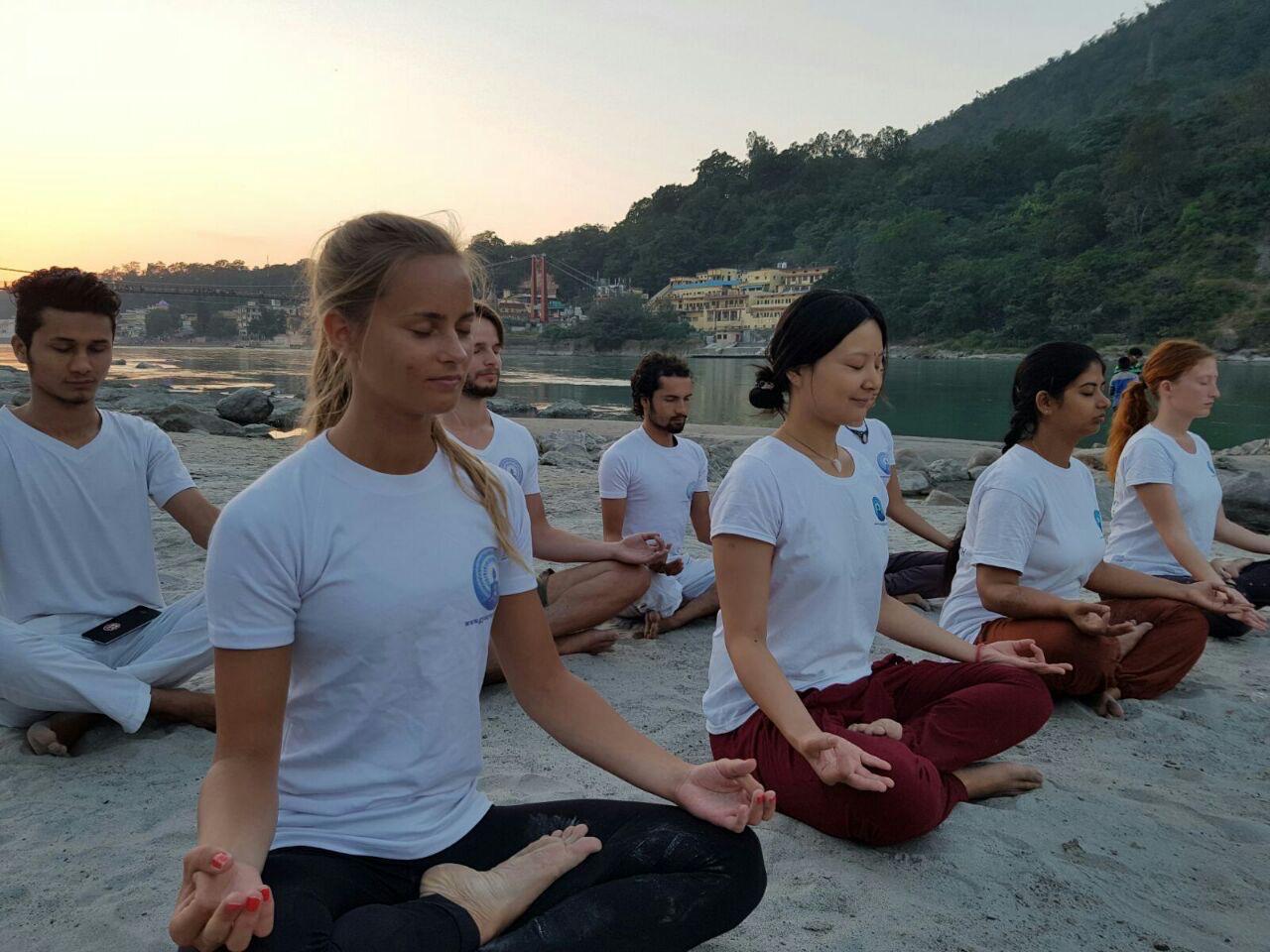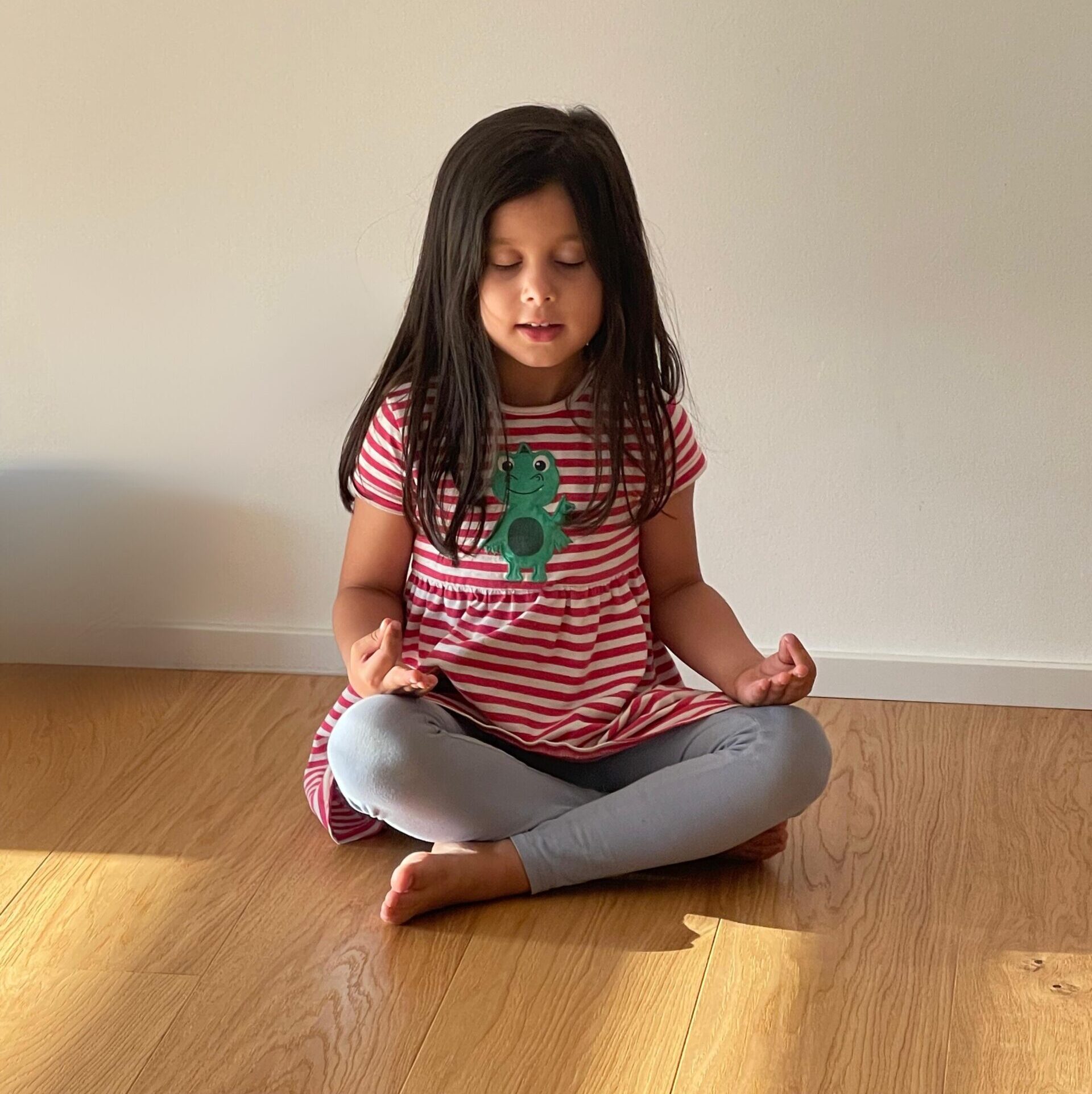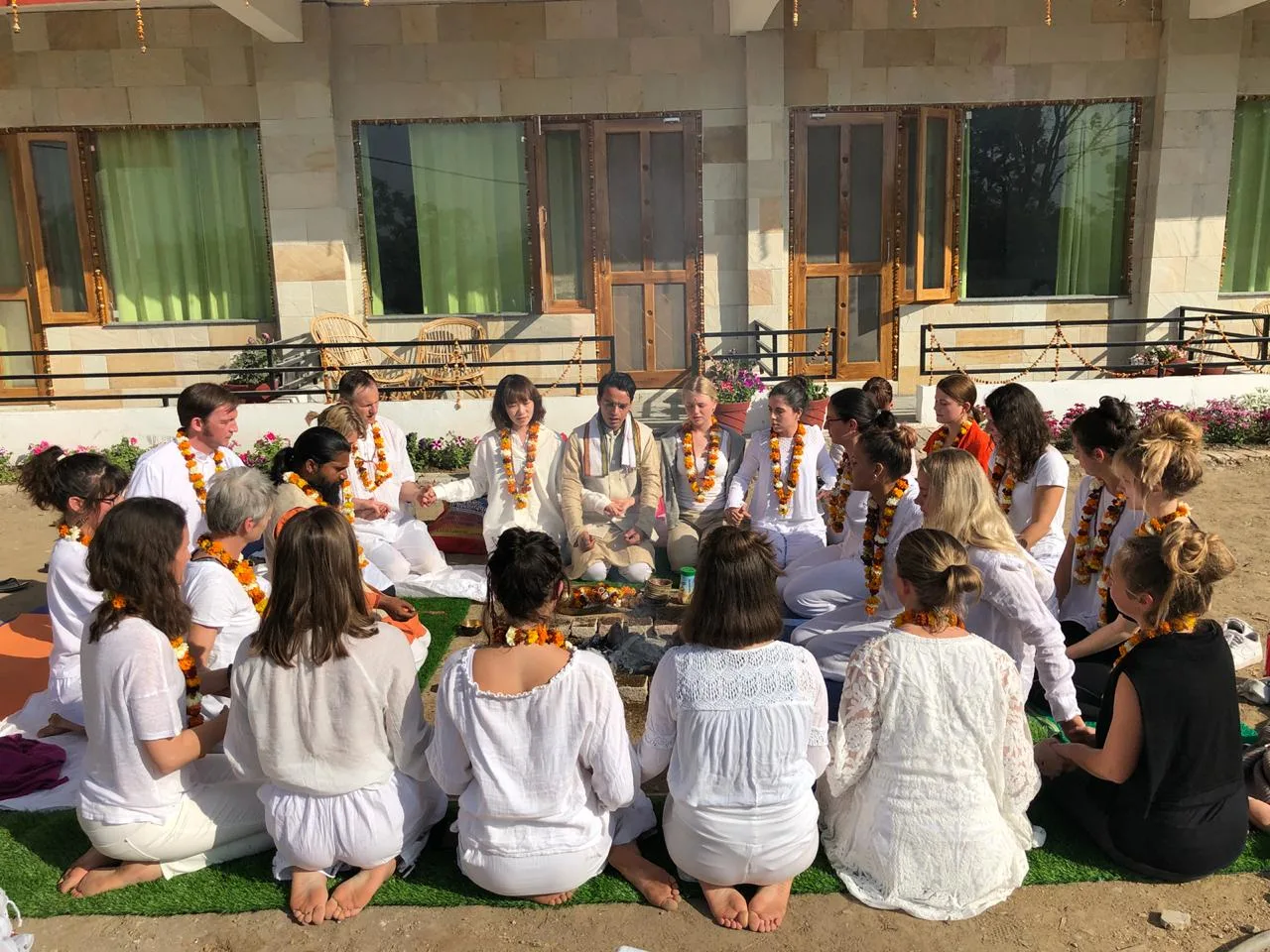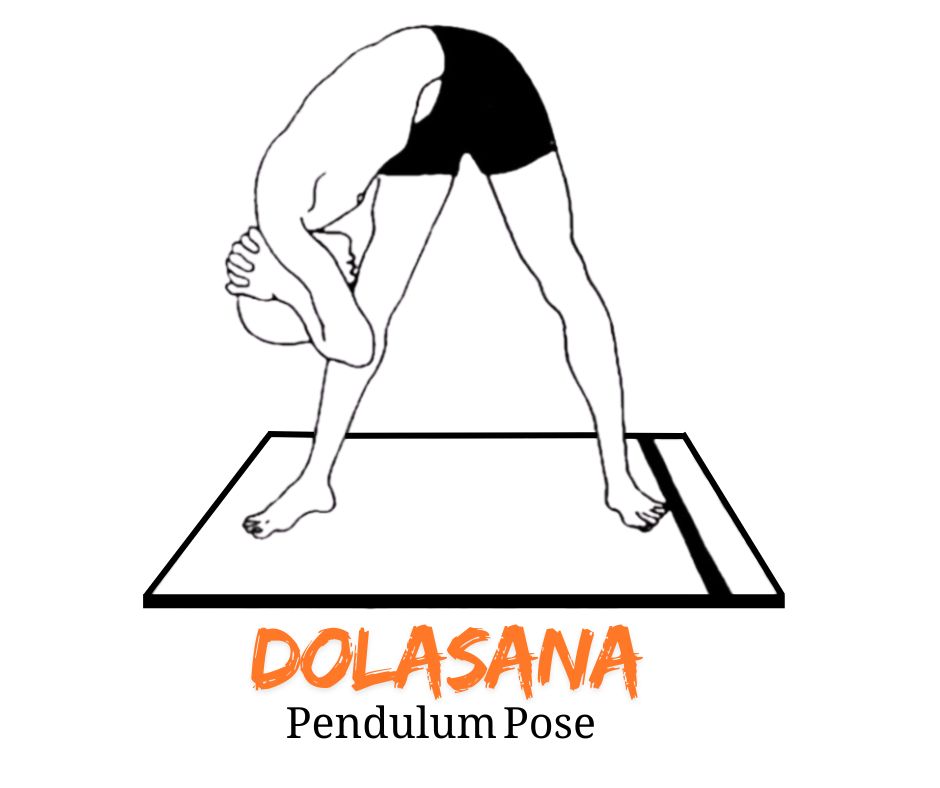World Meditation Day is celebrated globally as a day to pause, reflect, and embrace the transformative practice of meditation. Falling on 21 December 2025, this significant day serves as a reminder of the importance of stillness and mindfulness in our fast-paced lives. In a world often dominated by chaos and distractions, World Meditation Day is an invitation to explore the profound benefits of meditation and reconnect with the tranquility within.

What is Meditation?
Meditation is the practice of sitting silently, often in a motionless and comfortable position with closed eyes, to cultivate tranquility, mental clarity, and inner calm. It is not about eliminating thoughts or suppressing them but rather about observing them without attachment or judgment. Through meditation, you create a space between your thoughts and your awareness, allowing the mind to naturally settle into stillness.
Meditation is a deeply personal experience, yet its effects are universal. It fosters a state of relaxation while heightening your awareness. By consistently practicing meditation, individuals can access deeper levels of consciousness, reduce mental noise, and experience a profound sense of peace and clarity.
The Benefits of Meditation
Meditation offers a wealth of benefits that extend beyond mental health, positively influencing physical and emotional well-being. Let’s explore some of the transformative effects of regular meditation practice:
1. Stress Reduction
One of the most well-known benefits of meditation is its ability to reduce stress. By focusing on the present moment and letting go of mental chatter, meditation helps lower cortisol levels—the hormone associated with stress. This creates a lasting sense of relaxation and ease.
2. Improved Concentration and Focus
Meditation trains the mind to sustain attention on a single point of focus, such as the breath or a mantra. Over time, this practice improves concentration and cognitive function, helping you stay more present and productive in daily life.
3. Enhanced Emotional Well-being
Regular meditation fosters a more positive outlook on life. By observing thoughts and emotions without judgment, individuals can better regulate their feelings, leading to increased emotional resilience and happiness.
4. Physical Health Benefits
Meditation is not just for the mind—it benefits the body as well. Studies show that it can lower blood pressure, boost the immune system, and improve overall physical health. The relaxation response triggered by meditation helps the body repair itself and maintain balance.
5. Better Sleep
Many people struggle with sleep disorders due to stress and an overactive mind. Meditation helps calm the mind, making it easier to fall asleep and enjoy restorative rest.
6. Meditation and Mental Health
Meditation is a powerful tool for enhancing mental health. It provides a safe space to process emotions, reduce stress, and develop mindfulness.
7. Reduced Anxiety and Depression
Meditation’s focus on mindfulness and non-attachment helps break the cycle of worry and rumination that often accompanies anxiety and depression. Studies, such as one published in JAMA Internal Medicine, demonstrate that mindfulness meditation programs can significantly reduce symptoms of anxiety, depression, and stress.
8. Increased Self-Awareness
Meditation encourages self-reflection, helping you understand your thought patterns and emotional triggers. This awareness promotes personal growth and allows you to respond to life’s challenges with greater clarity.
9. Emotional Regulation
By practicing meditation, individuals can develop better control over their emotions. Instead of reacting impulsively, meditation fosters a more measured and thoughtful response, contributing to healthier relationships and decision-making.

Recent Studies on Meditation
Scientific research continues to uncover the profound benefits of meditation.
One study conducted at Harvard University found that meditation changes brain structures. After eight weeks of mindfulness meditation, participants showed an increase in gray matter density in areas of the brain associated with learning, memory, and emotional regulation. This demonstrates that meditation not only calms the mind but also enhances cognitive function.
Another study published in Psychological Science revealed that just a few weeks of mindfulness meditation significantly reduces stress and anxiety. Participants who meditated experienced lower cortisol levels and reported a greater sense of calm and control in stressful situations.
How Yoga Prepares the Mind and Body for Meditation
Yoga and meditation are deeply interconnected practices. Yoga prepares the body and mind for meditation, creating the ideal conditions for stillness and awareness.
- Enhancing Physical Comfort Yoga involves stretching and strengthening the body, which makes it easier to sit in meditation without discomfort. A flexible and strong body allows for longer and more focused meditation sessions.
- Promoting Mental Calmness The mental focus required in yoga helps quiet the mind, setting the stage for a deeper meditation experience. By practicing yoga, you learn to connect with your breath and stay present, which naturally transitions into meditation.
- Regulating the Breath Pranayama, or breath control, is a key component of yoga. These breathing techniques enhance oxygen flow to the brain, calm the nervous system, and increase mental clarity—all of which are crucial for meditation. Yoga serves as a gateway to meditation, helping practitioners build the discipline and mindfulness required for a consistent practice.
The Link Between Meditation and Fertility
Stress has a significant impact on fertility, often disrupting hormonal balance and reproductive health. Meditation plays a supportive role in enhancing fertility by addressing stress and promoting emotional well-being.
- Reducing Stress Hormones
Meditation lowers stress hormones like cortisol, which can interfere with ovulation and sperm production. By promoting relaxation, meditation creates a more supportive environment for conception. - Encouraging Emotional Balance
The emotional resilience fostered by meditation helps individuals cope with the challenges of fertility journeys. A calm and positive mental state can enhance overall reproductive health. - Supporting Holistic Wellness
Meditation complements other fertility treatments and practices by improving overall well-being. When the mind and body are in harmony, the chances of conception increase.

Meditation's Role in Reducing Anxiety and Depression
Anxiety and depression are increasingly common in today’s fast-paced world. Meditation offers a natural and effective way to address these mental health challenges.
- Breaking the Cycle of Negative Thinking
Meditation teaches individuals to observe their thoughts without judgment. This awareness helps break the cycle of negative thinking often associated with anxiety and depression. - Promoting Neuroplasticity
Research shows that meditation enhances neuroplasticity, the brain’s ability to rewire itself. This means individuals can develop new, healthier thought patterns that reduce anxiety and depressive symptoms. - Building Emotional Resilience
Through regular meditation, individuals become more resilient to life’s ups and downs. This inner strength helps them face challenges with greater ease and composure.
How to Celebrate World Meditation Day
- World Meditation Day is an opportunity to embrace stillness and mindfulness.
- Join a Group Meditation
- Many organizations host group meditation sessions on World Meditation Day. Participating in a group practice fosters a sense of community and shared intention.
- Dedicate Time for Silence
- Set aside time on December 21 to practice silent sitting meditation. Even a few minutes can make a significant difference in your mental clarity and well-being.
- Explore Different Meditation Techniques
- Try different forms of meditation, such as mindfulness, loving-kindness, or transcendental meditation. Experimenting with various techniques can help you find the one that resonates most with you.
- Incorporate Meditation into Your Routine
- Use World Meditation Day as a starting point to develop a consistent meditation practice. Begin with short sessions and gradually increase the duration as you become more comfortable.
- Share the Practice
- Encourage friends and family to join you in celebrating World Meditation Day. Share your experiences and introduce them to the transformative power of meditation.
- Meditation is a gift we can give ourselves—a practice that reconnects us with our true nature and brings peace to our busy lives. As we celebrate World Meditation Day on 21 December 2025, let us honor the stillness within and embrace the profound benefits of this timeless practice.
- By incorporating meditation into our lives, we create space for growth, healing, and happiness. Whether you are a seasoned practitioner or new to meditation, this day is a reminder to pause, reflect, and reconnect. Let the power of meditation guide you toward a more peaceful and fulfilling life.







